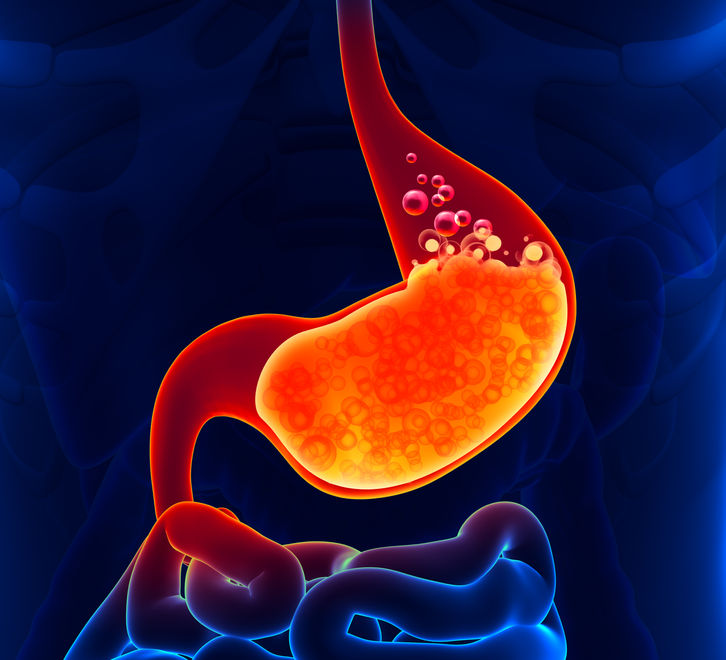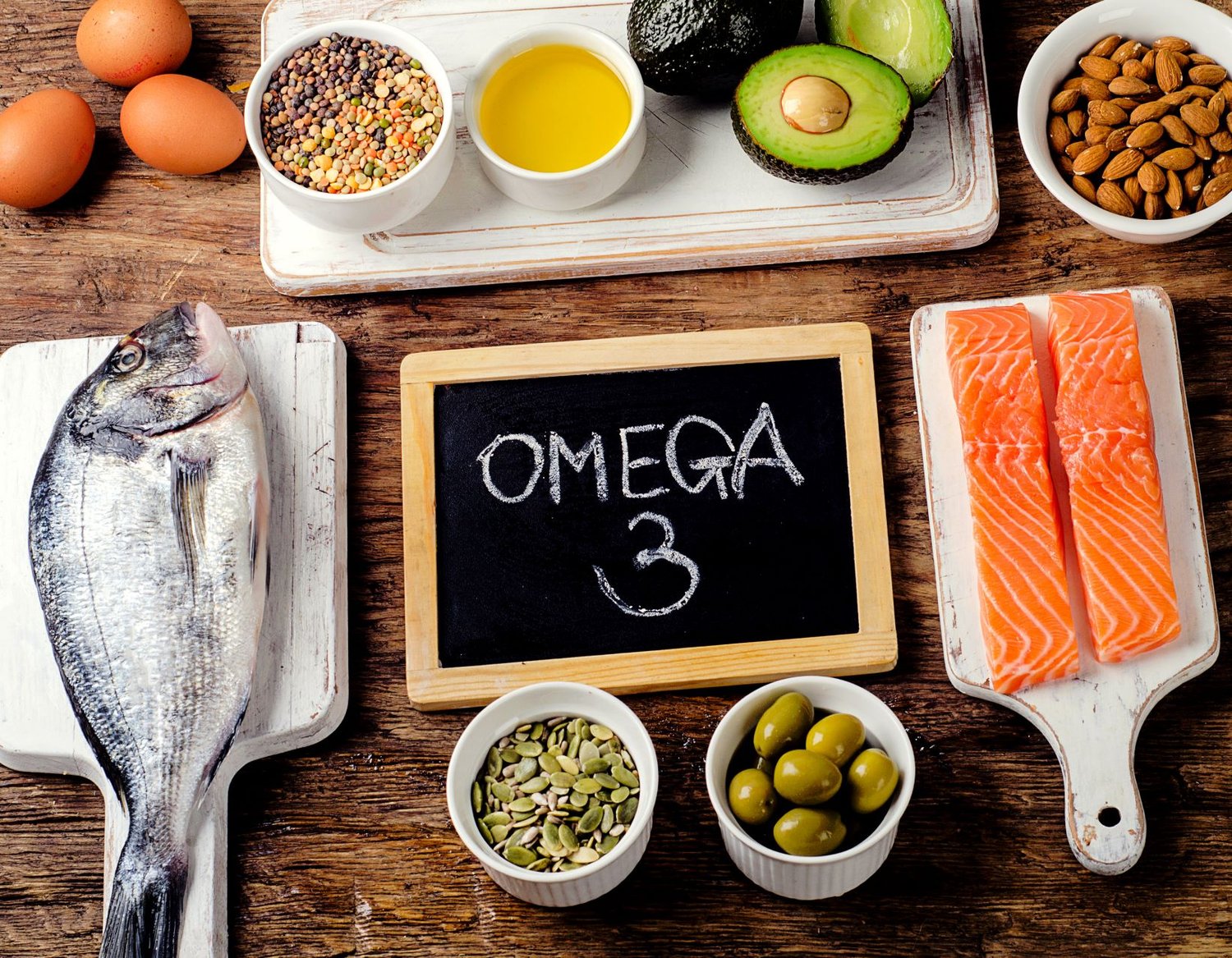According to the Department of Nutrition, National Children's Hospital, the benefits of nutritional intervention for autistic children play a supporting role along with specialeducation for autistic children. Nutrition contributes to reducing disorders in autistic children, ensuring children's normal growth and physical development.
1. The importance of diet for autistic children
Children with autism are five times more likely to have feeding difficulties than their neurotypical peers, according to a study published in the Journal of Autism and Developmental Disorders, although most of the evidence describes feeding difficulties in children as young as 2 years old. An estimated 45% to 90% of children with autism have feeding problems, including restricted eating, also known as food selectivity.
A meta-analysis of scientific studies at the Marcus Autism Center at Emory University School of Medicine published in the Journal of Autism and Developmental Disorders provides information on the most common nutritional deficiencies associated with autism.
Researchers reviewed numerous published, peer-reviewed studies on eating and autism. They found that children with autism were five times more likely to experience mealtime challenges such as tantrums, extreme food selectivity, and ritualistic eating behaviors. They also found that malnutrition was more common in children with autism than in children not affected by the disorder. In particular, the study found low overall calcium and protein intake. Calcium is important for building strong bones. Adequate protein intake is important for growth, intellectual development, and health.
Chronic eating problems also increase the risk of social difficulties and poor academic performance in children, the researchers note. This can also increase the risk of diet-related diseases such as obesity and cardiovascular disease in adolescence and adulthood.

Many children with autism have difficulty eating.
According to the American Psychiatric Association, research has also shown a link between inflammation in children's diets and nutrient adequacy with digestive symptoms, sleep habits, and autism traits. Therefore, improving eating behaviors, reducing stress, and increasing weight and calorie intake is important.
According to the British Dietetic Association, people with autism may have increased sensitivity to light, touch, sound and taste. This can affect the variety of foods they eat. Dietitians can advise on techniques to reduce anxiety around mealtimes. Psychologists and occupational therapists can also help – especially if the person has sensory difficulties.
2. Essential nutrients in the diet of autistic children
The British Dietetic Association believes that there is no significant difference between a healthy diet for most people and a child with autism. When it comes to vitamin and mineral supplements, parents/carers should seek advice from a dietitian, GP or pharmacist about suitable supplements to help meet nutritional needs. This also helps prevent nutritional deficiencies that may arise from inadequate dietary intake.
2.1. Improving digestion is important for people with autism
Research has identified a possible link between an imbalance in the composition of the gut microbiome of people with autism, which may be linked to symptoms such as irritability and poor concentration, caused by discomfort from digestive problems such as constipation or diarrhea.
If an individual has autism, restoring a healthy gut is important. Supplementing with digestive enzymes and probiotics can help restore the balance of gut bacteria, promoting normal absorption.
Taking probiotic supplements to increase the presence of beneficial bacteria in the gut may also be beneficial. Increasing your consumption of fermented foods, such as sauerkraut, kefir, kombucha, and kimchi, is one way to increase probiotics through food.
Eating regular meals that contain fiber and drinking six to eight glasses of water each day will help. Foods high in fiber include whole-grain breakfast cereals, whole-grain breads and/or pastas, fruits, vegetables, and beans, which also help increase fiber intake.

A healthy digestive system is important for everyone, and even more important for people with autism.
2.2. Balance blood sugar levels
Several dietary studies have shown that people with ADHD eat more sugar than others. One study of 265 people with ADHD found that more than three-quarters of them had impaired glucose tolerance, meaning their bodies were less able to process sugar intake and maintain balanced blood sugar levels.
When a person regularly snacks on refined carbohydrates, sweets, chocolate, fizzy drinks, fruit juices but little or no fiber, protein, monounsaturated and polyunsaturated fats, to slow the absorption of glucose (sugar), their blood glucose levels will fluctuate constantly. This can cause fluctuations in a child’s activity level, concentration, attention span and behavior, and affect brain function and development.
To help balance blood sugar, reduce your intake of sugary foods and drinks, processed foods, and limit your caffeine intake. Consuming more whole foods, such as vegetables, fruits, whole grains, fish, lean meats, chicken, nuts, beans, etc., will help stabilize blood sugar.
2.3. Increase omega-3 fats
Essential fat deficiencies are common in people with autism. Research by Dr Gordon Bell at the University of Stirling has shown that some autistic people have a defect in an enzyme that helps remove essential fats from brain cell membranes at a faster rate than normal. This means that autistic people may need higher levels of essential fats.
It was found that supplementation with EPA (a polyunsaturated fat), which can slow down the activity of the defective enzyme, improved behavior, mood, imagination, spontaneous speech, sleep patterns, and attention span in clinically autistic people. Since then, there have been clinical trials testing omega-3 supplementation, showing that when people with autism are supplemented with omega-3, improvements in symptoms such as hyperactivity, social skills, attention span, irritability, and aggression have been reported.
Eat oily fish like salmon, mackerel, and sardines at least twice a week and nuts like flaxseeds and chia seeds most days. Also, get your omega-3s through fish oil or vegan alternatives. Look for supplements that contain both the polyunsaturated fats EPA and DHA.
The best fish to provide EPA, the most well-researched omega-3 fat, are: mackerel (1,400mg per 100g), herring (1,000mg), sardines (1,000mg), fresh uncanned tuna (900mg), anchovies (900mg), salmon (800mg), trout (500mg). However, tuna is high in mercury, so it is best avoided for autism due to heavy metal considerations.
The best seeds are flaxseeds and chia seeds. Flaxseeds are so small that they are best ground and sprinkled on cereal. Alternatively, use flaxseed oil, for example in salad dressings. Although they technically provide omega-3s, only about 5% of the type of omega-3 (alpha linolenic acid) in these seeds is converted in your body to EPA. Therefore, people on a plant-based diet may benefit from a vegan omega-3 supplement.

Increasing foods rich in omega-3 fats is very beneficial for people with autism.
2.4. Enhance vitamins and minerals
Vitamin B6, vitamin C and magnesium
Nutritional approaches to autism are thought to be helpful thanks to pioneering research in the 1970s by Dr. Bernard Rimland of the Institute for Individual Behavioral Research in San Diego, California, who showed that supplementation with vitamins B6, C, and magnesium significantly improved symptoms in autistic people.
Dark green leafy vegetables, green beans, and salmon are excellent sources of B6. Peppers, citrus fruits, broccoli, and cauliflower are good sources of vitamin C. Green vegetables, nuts, cocoa, and whole grains are all good sources of magnesium. It is best for people with autism to get these nutrients from food. If you are considering taking a multivitamin and mineral supplement, consult your doctor or nutritionist.
Vitamin A
Pediatrician Dr. Mary Megson from Richmond, Virginia points out that many people with autism are deficient in vitamin A. Vitamin A is essential for vision and is important for building healthy cells in the gut and brain.
The best sources of vitamin A (retinol) are breast milk, organ meats, fish, and cod liver oil. Retinol can also be synthesized from beta-carotene, found in plant foods such as carrots and sweet potatoes, but this conversion is influenced by factors such as vitamin A status, iron, zinc, and protein levels.
Vitamin A supplementation should be used with caution in everyone, especially those with liver or kidney disease, alcoholism, and acne.
Vitamin D
Recent research and clinical trials have highlighted a possible link between autism and vitamin D levels. In a study of individuals with autism, when vitamin D status was compared to that of their age-matched peers, it was found that individuals with autism had significantly lower vitamin D levels. When individuals were supplemented with vitamin D3 (300IU/kg/day) for 3 months, 80% of participants were observed to have significant improvements in symptoms such as attention, eye contact, and behavior.
Vitamin D is found in some foods such as milk and mushrooms. However, the main way the body absorbs vitamin D is through exposure to sunlight.
3. Other notes
A dietitian will assess whether the autistic person’s diet is providing the necessary nutrients. Any major changes to the diet should be supervised and advised by a dietitian or other professional experienced in this field.
It is a good idea to keep a food diary and record the individual’s behaviors and symptoms along with any foods they are eating that may be causing allergies. This can help identify common food sensitivities such as citrus fruits, chocolate, artificial food coloring, salicylates, eggs, tomatoes, avocados, eggplant, red peppers, soy, corn, etc. But remember, most of the foods on this list also contain valuable nutrients, so you need to make sure they are replaced rather than simply eliminated. This entire process is best done under the guidance of a qualified physician and nutritionist.
Source: https://giadinh.suckhoedoisong.vn/che-do-an-cho-tre-tu-ky-can-chu-y-gi-172240527092435076.htm




















































![[Maritime News] More than 80% of global container shipping capacity is in the hands of MSC and major shipping alliances](https://vphoto.vietnam.vn/thumb/402x226/vietnam/resource/IMAGE/2025/7/16/6b4d586c984b4cbf8c5680352b9eaeb0)













































Comment (0)